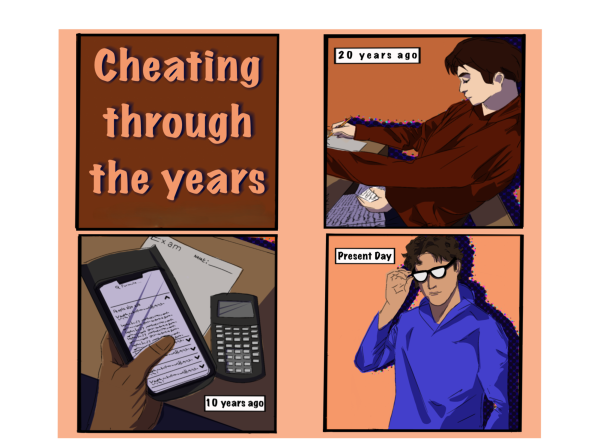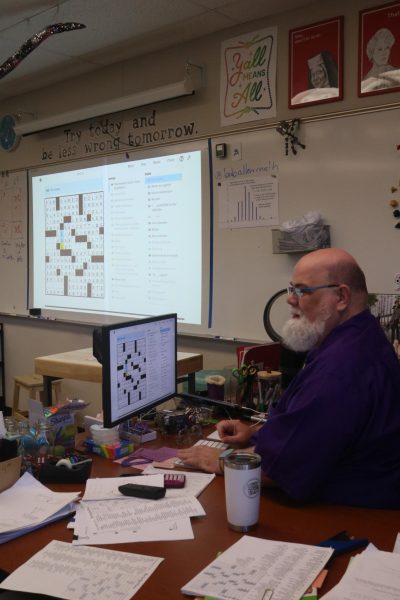Fine line between racism and free speech
Two brothers, Said and Cherif Kouachi, both Islamic extremists belonging to the terrorist group Al Qaeda, shot and killed 12 illustrators working at the satirical French publication, Charlie Hebdo, on Jan. 7.
Demonstrations and marches have taken place around the world to mourn the lost illustrators and support free speech. The slogan to represent this movement is “Je suis Charlie” or “Nous sommes Charlie” meaning, “I am Charlie,” or “We are Charlie,” respectively, in order to unite the demonstrators.
Charlie Hebdo has been churning out vulgar illustrations of everyone possible, from the pope to French politicians to Jesus himself, for 40 years. It seems as though no one is safe from the publication’s satirical sting, which makes its illustrations fair, right?
And if the illustrations are just for fun, colorfully boasting the magazine’s comical prowess on the cover of every issue, then the massacre of 12 illustrators, including the magazine’s editor-in-chief, is an act of senseless terrorism, right? The brothers, being extremists, had no basis to their violent acts, right?
We, as a group of writers and editors, would like to politely disagree.
Charlie Hebdo has featured a skeletal Michael Jackson with the headline, “He is finally white,” just after the superstar’s death. The magazine has also shamelessly poked fun at France’s president, illustrating him with his fly completely down.
These are tasteless representations of world icons, but ultimately harmless. What is not is the magazine’s clearly Islamophobic undertones in the majority of their illustrations.
When the magazine isn’t humorously slaughtering politicians and pop stars, it’s pointing its pencil at Islam, Muslims, Mohammed, and everyone and everything in between.
Strangely, these types of cartoons seem to occur far more frequently in the magazine’s weekly issues than any other possible theme, which is really unacceptable.
We value free speech. We are a part of a publication that knows very well the costs of free speech, especially when dealing with something as commonly misconstrued as satire.
But we also believe that Charlie Hebdo has not upheld a sense of dignity in their illustrations. It is tasteless, but vulgarity is easily ignored.
Islamophobia, which is just another form of racism, is aggressively promoted in the publication’s illustrations, and even made light of. And that is not as easily ignored.
The murder of 12 illustrators is not OK. It is an act of terrorism and should be treated as such.
But it was not senseless, because Charlie Hebdo chose to embark on a dangerous path when the publication started satirizing a religion in a way that was distasteful and offensive. We, at The Californian, do not know if “Nous sommes Charlie.”

